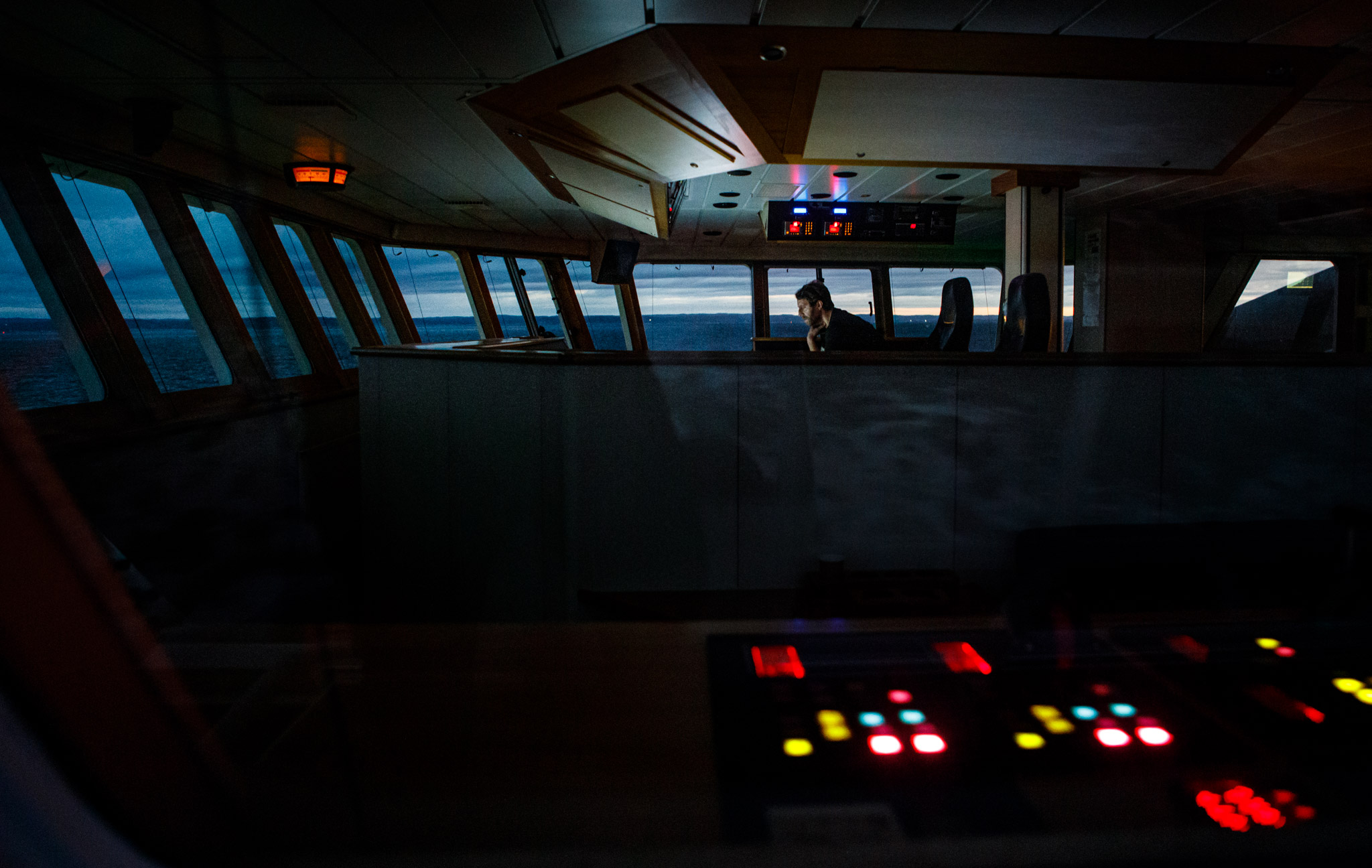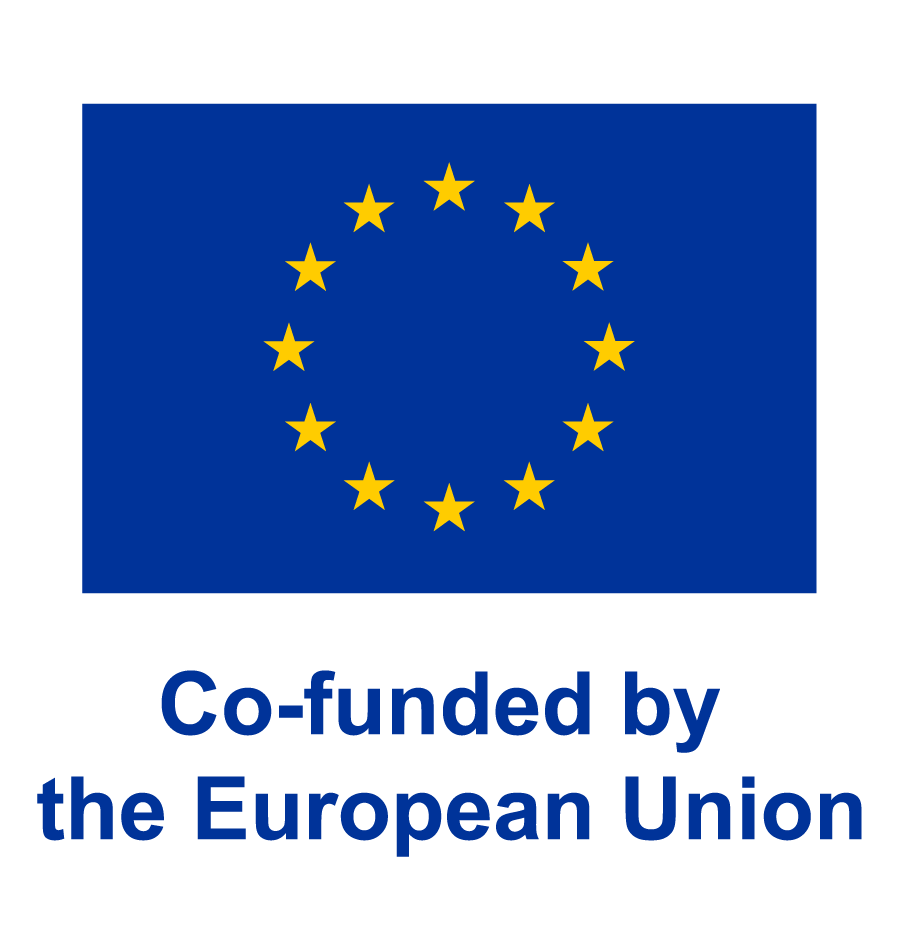The principle behind Fully Documented Fishery, is to document all fishing-related activities on the vessel with a combination of CCTV cameras and other types of sensors positioned at various places at the vessel. The system is designed to provide data to document compliance with all relevant fishing regulations on board the vessels. An equally important motivation for the fishers in DPPO behind the decision to implement FDF is to have a system of sensors and a data infrastructure at hand that can easily provide data and information, for use in science and management.
In this new project called FDF, we intend to initiate and support data collection, processing/cleaning, and then analyzing data to provide proof of concept on how to implement the use of the available new information.
The implementation will focus on the vessel level by improving the accuracy of the catch information written in the electronic logbook. The catch is pumped on board the vessels into the Refrigerated Seawater (RSW) tanks where it is cooled and stored until it is pumped unsorted directly into production facilities or trucks. The catch is never handled or sorted on board, so the estimation of catch composition is based on samples taken by the crew. Using an AI to estimate the catch composition based on video observation would allow for analyzing the entire catch and thus much better accuracy when reporting to managers and as a possible basis for scientific advice on stock assessment.
FDF also aims to provide knowledge and data to improve biodiversity in the ocean and to ensure an ecosystem approach to fisheries in accordance to the European biodiversity agenda, marine strategy framework directive, and common fisheries policy. Concretely, FDF will collect data on interactions with Endangered, threatened, and Protected (ETP) species, both as part of the FDF system, as well as opportunistic sampling schemes, to evaluate interactions between ETP species and fishing gear. This part will be closely related to the EU LIFE project CIBBRiNA where the development of selective gear will be undertaken.
FDF will also seek to support the process in ICES where there is a strong move towards including stakeholder perception and supporting data in the advisory process. Catch per unit effort is traditionally used in fisheries management as a measure of the magnitude of the stock but for pelagic species that form schools it can be misleading as a smaller population also have schooling behavior and the effort used catching them would not change much. This project will investigate the time searching for schools as a parameter for the estimation of the stock size.
Our Chief Science officer Claus Reedtz Sparrevohn will be coordinating this new and exciting project centered around Fully Documented Fisheries. In this role, Claus will be responsible for communicating science to the industry and for involving the industry in science, data collection, and management. Claus is also responsible for the Ph.D. students associated with DPPO and oversees the overall science and education strategy of the organization.
Our partners on this project are:
Work package leader on the project Kamal Nasrollahi, a Professor of Computer Vision and Machine Learning at Aalborg University. Kamal is the Director of Research at the Danish IT firm Milestone Systems.
Project Partner Jens Schneider Rasmussen is the owner of and active fisher on the vessel HM379 Lingbank. Jens is also the chairman of our organization. Lingbank was one of the first vessels to be equipped with sensors and CCTV and hence serves as an important partner in the project when it comes to securing data flow.
Partner Svante Ahlström is the owner and active fisher on S204 Tor-Ön and has a long history of catching Baltic Sea sprat. Svantes’ experience with this fishery will be important as input to FDF.
Consultant Jan Harbowy is a Professor at the National Fisheries Research Institute in Poland. He is the developer of the implemented stock assessment model for the Baltic Sea sprat used presently in ICES. Jan therefore serves as an important link between the project and ICES.
Consultant (pro bono) Stefanie Haase is part of the Baltic Sea sprat stock assessment and is responsible for monitoring and data collection in the German pelagic fishery in the Baltic Sea. Stefanie is also a member of the ICES working group WKAFNA which looks at methods to include more knowledge and data from the fishery.
Consultant Stefan Neuenfeldt (STN) is a senior scientist at DTU Aqua and a member of ICES working group WGBFAS.
This Project is co-funded by the European Union.




